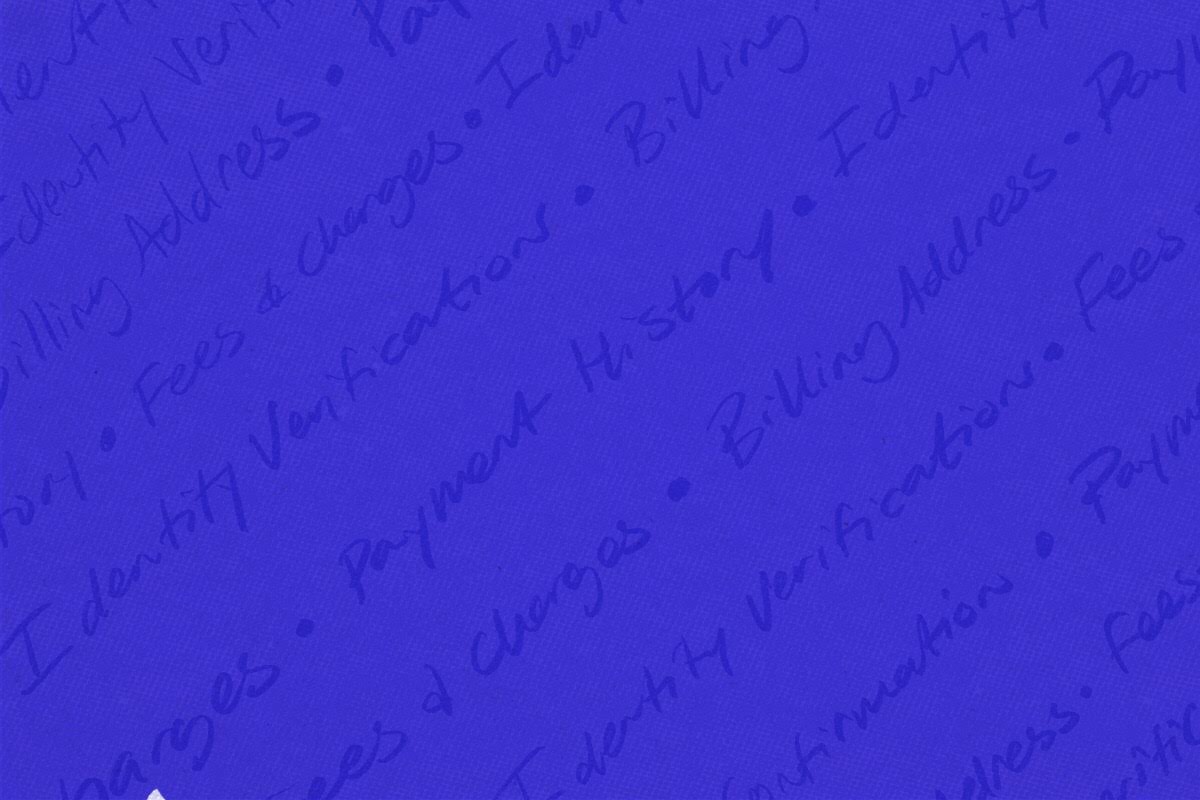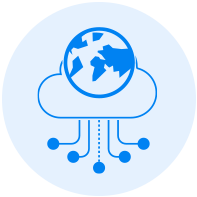
FICO Studies Alternative Data for Credit Score Risk Assessment
Urjanet Inc | June 15, 2017 | Credit & Lending
For decades, credit scores have been generated by FICO, a data analytics company, using information from consumers’ credit reports, such as credit history and repayment. This “traditional” scoring method poses a problem for a growing population of Americans who do not use banks or choose to do so sparingly. Now, utility payment history and other sources are being used by lenders as alternative data for credit scores
New markets opened using alternative data for credit scores
This increasing number of “unbanked” or “underbanked” consumers, mostly consisting of the millennial generation, avoid using banks for privacy of fee concerns, according to the Federal Deposit Insurance Corporation and Packaged Facts research. Because of this, FICO has incomplete or no data for over 50 million Americans.
With this massive gap in consumer information, both lenders and potential loanees are at a serious loss. Without qualified data proving payment history, banks have no accurate way to predict the creditworthiness of these consumers, leaving many in the dark when it comes to acquiring mortgages, auto loans or even student loans. Even further, those who may have very little payment history in their credit file may either be charged a higher rate than a consumer who has a more rich credit history.
In response to this growing challenge, FICO has produced research on the potential for utilizing alternative data for credit scores such as utility, phone and rental payments, to help assess credit risk and produce or increase a more reliable credit score. The research, Can Alternative Data Expand Credit Access?, reviewed 14 million consumers, and found the key takeaways:
- The majority of previously scored consumers can be scored with this additional data, and over three quarters of people who are new to credit can be measured for risk. Additionally, over half of those with no credit file whatsoever can be scored. Using alternative data, more than a quarter million people could receive credit scores if supplemental data is used.
- Alternative credit scoring is nearly as accurate at assessing risk as traditional scoring. FICO currently does not provide scores for consumers with little credit history because these scores would be inaccurate, causing a problem for both consumers and lenders. According to the research, when data from bill payments were introduced, the accuracy of the scores shot up within the range of traditional FICO credit scores for consumers with new credit histories.
- Using alternative data for credit scores, more than a third of the newly scored consumers would have scores high enough for credit. FICO’s research showed that these consumers would have a credit score of 620 or above. In addition, those that could receive credit were likely to see their credit score rise or remain high within the next two years, with two thirds attaining scores over 660 and half reaching scores over 700. This highlights the millions of people who can reliably make payments, but currently have difficulty getting credit.
Credit scores hold a massive influence over many parts of consumers lives. From where we live to the cost of insurance and even the rates of loans some consumers may (if they’re lucky) are eligible for. The concept of borrowing money from an institution has caused anxiety throughout history, and has clearly grown in our younger generations.
But by considering the use of alternative data for credit scores, as FICO’s research suggests, lenders can establish a fuller picture of a consumer’s true credit risk, one that opens the opportunity of securing credit to millions of people across the U.S.
To learn more about how Urjanet’s Utility Data Platform can help expand credit to new markets, download our Solutions Sheet: Utility Data for Credit Scoring & Lending.
Related Resources:
- Understanding the Credit Scoring Landscape
- ID Verification for Credit Applications: How Utility Data Boosts Security & Expands Reach
- Under the Hood: Urjanet’s Utility Billing Alerts
If you like what you’re reading, why not subscribe?
About Urjanet Inc
Urjanet, the global leader in utility data aggregation, simplifies how organizations access and use utility data, enabling them to focus on their business. Our technology collects, processes, and delivers data from over 6,500 electric, natural gas, water, waste, telecom, and cable utilities worldwide.
